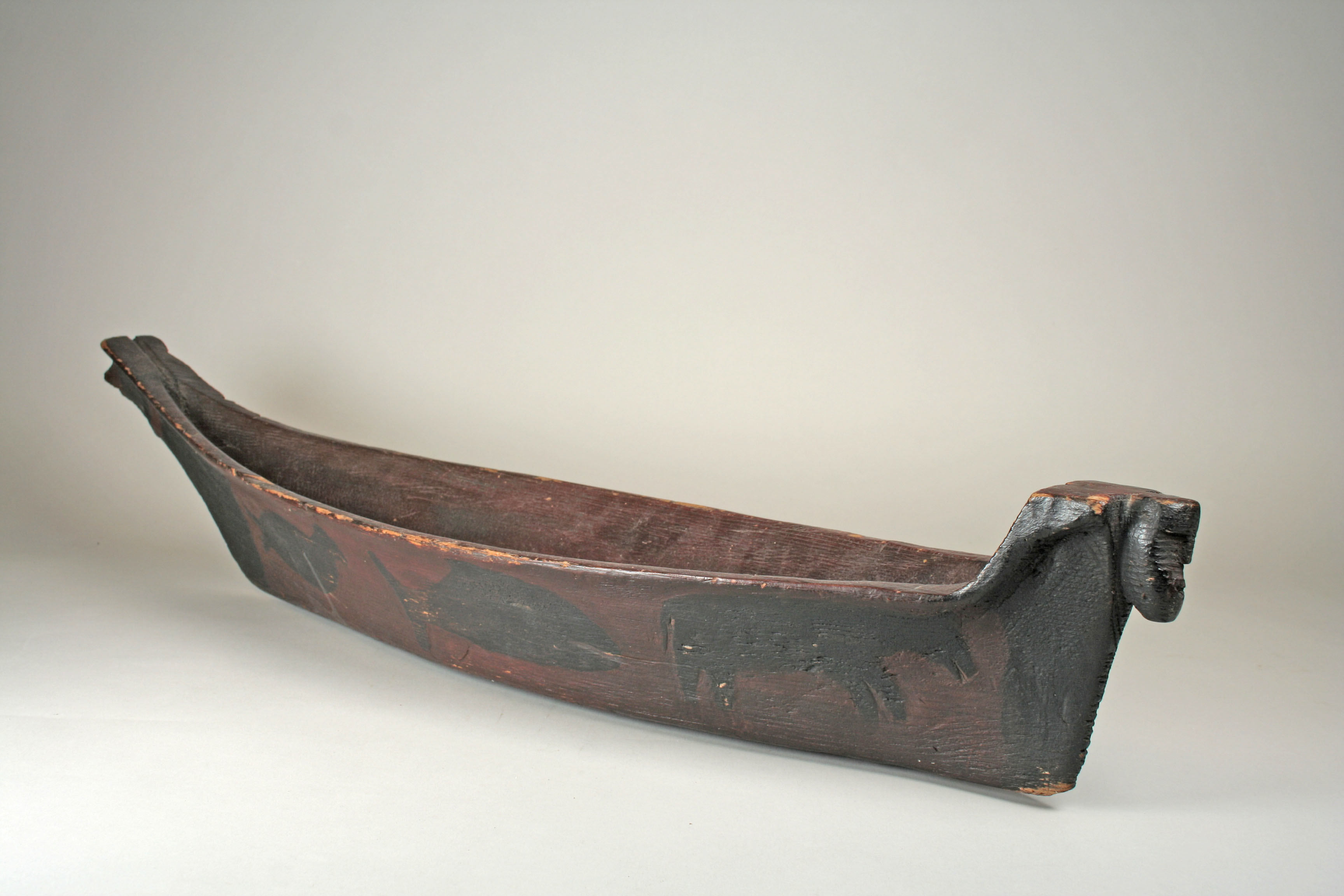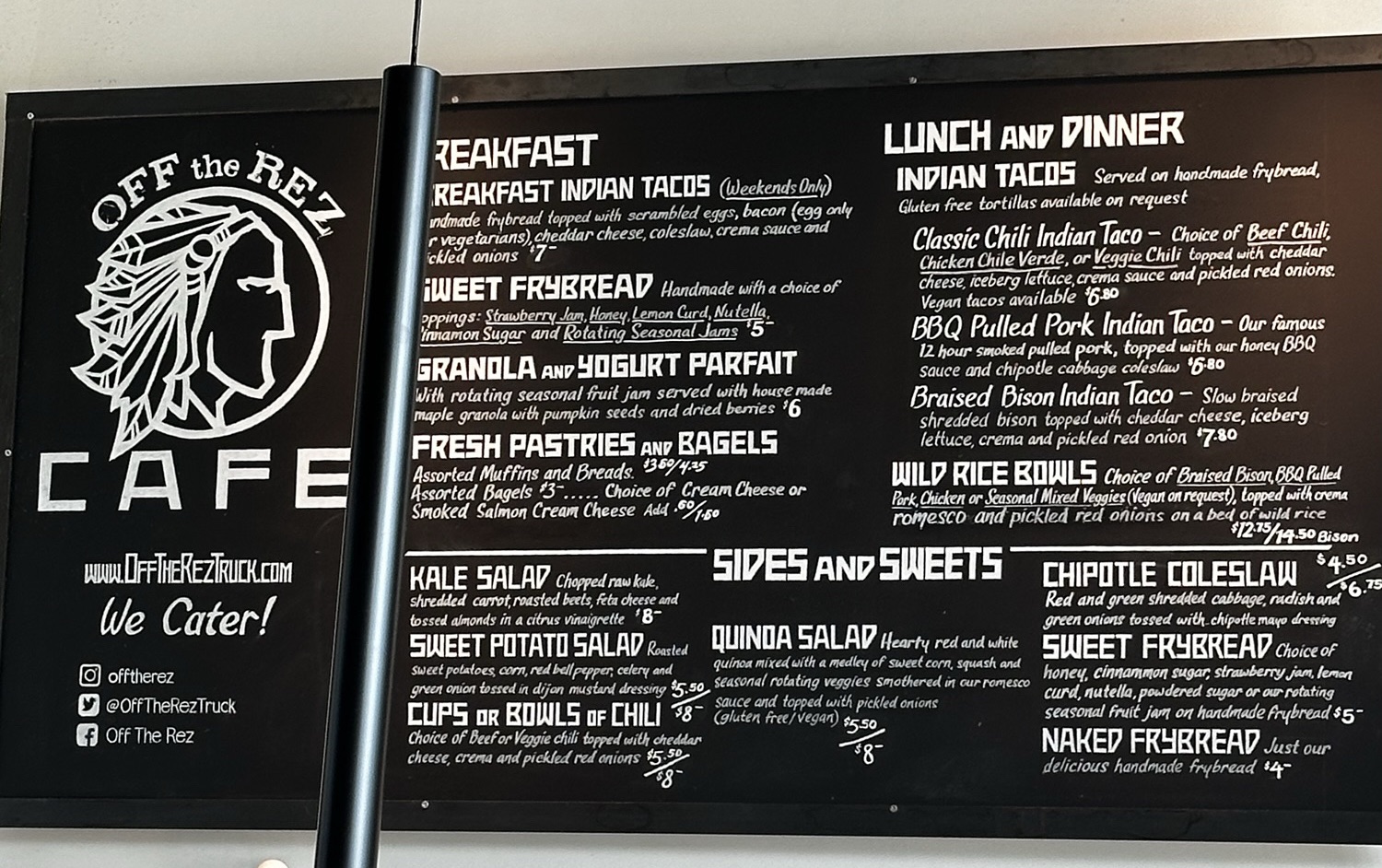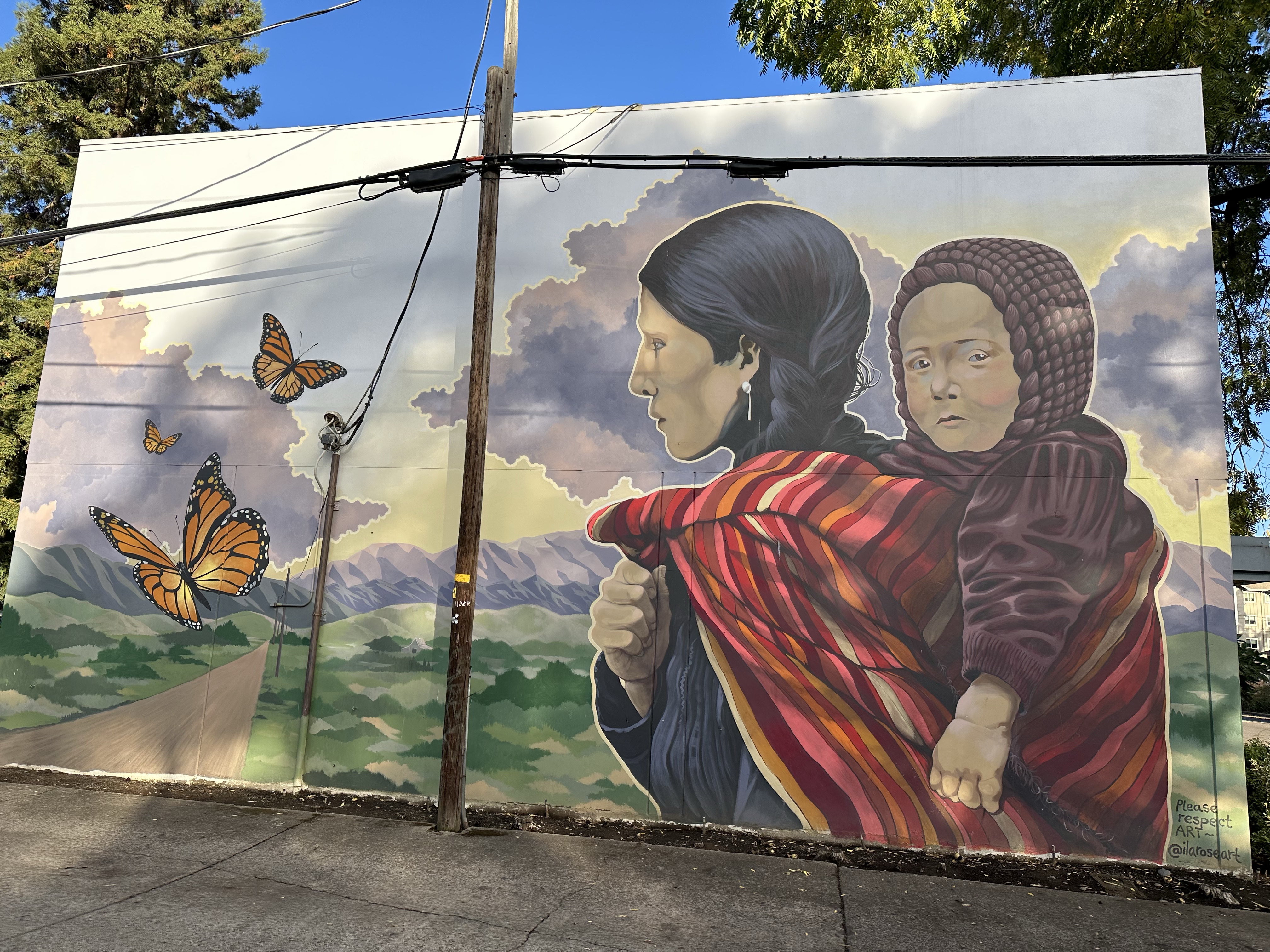Here are the materials in Tarabochia v. Quinault Indian Nation:
CV23-015CorrectedJudgmentOrderDefendants
CV23-015CorrectedPlaintiffJudgment
CV23-015CorrectedSummaryJudgmentOrder
CV23-015JudgmentAwardingEquitableRelief

Here are the materials in Tarabochia v. Quinault Indian Nation:
CV23-015CorrectedJudgmentOrderDefendants
CV23-015CorrectedPlaintiffJudgment
CV23-015CorrectedSummaryJudgmentOrder
CV23-015JudgmentAwardingEquitableRelief

Kekek Jason Stark has published “Exercising the Right of Self-Rule: Tribal Constitutions and Tribal Customary Law” in the Mitchell Hamline Law Review. PDF
Here is an excerpt:
In the context of the development and implementation of Tribal constitutions, Tribal Nations must ask themselves whether the federal government was playing a trick on Tribal Nations by imposing the Indian Reorganization Act (IRA) and its corresponding constitutions and Anglo-American governing principles upon Indian country. Are these documents and corresponding governing principles actually “shit,” dressed up as “smart berries” under the guise of making Tribal Nations “wise” in the image of Anglo-American law? Ninety years after the enactment of the IRA, it is time Tribal Nations become wise and return to traditional constitutional principles based on Tribal customary law and unwritten, ancient Tribal constitutions.
As always with KJS, highly recommended.

Here are the available materials in Parker v. Halftown (N.D. N.Y.):

Grand Christensen has posted “Tribal Courts are Courts of General Jurisdiction,” forthcoming in the Florida Law Review, on SSRN. Here is the abstract:
Twenty years ago the Supreme Court misread its precedents and took a short cut to do what was “simpler” instead of what was right. It determined that tribal courts are not courts of general jurisdiction without examining the origins of tribal judicial power. Writing for the majority in Nevada v. Hicks, Justice Scalia concluded that in order to find that tribal courts were able to interpret federal law the Court would have to “attribute to tribal courts jurisdiction that is not apparent.” But power often exists even if it is not apparent at first glance. Unwilling to do even a cursory examination to determine whether tribal courts might nonetheless possess general jurisdiction, the Court decided that it would be “surely [ ] simpler… to conclude that tribal courts cannot entertain” claims arising under federal law. This article objects to the legal principle that tribes cannot exercise their inherent sovereign powers because it would “simpler” for the Supreme Court.
In Hicks, the Court abdicated its responsibility by not engaging in an analysis of the origins of the judicial power exercised by tribal courts. Under the principles of inherent sovereignty it is the tribal sovereign and not the Supreme Court that controls the jurisdiction of tribal courts. If a tribal government vests in its judicial department the authority to interpret federal law, then the tribal court maintains that power until withdrawn by the tribal sovereign. This article further argues that the Court in Hicks exceeded its Article III exercise of the judicial power to attempt to limit – against the will of the tribal sovereign – the general jurisdiction of tribal courts. It concludes by encouraging tribal governments to decide for themselves whether they want their courts to interpret federal law. If the tribal sovereign assigns that power to its courts, then tribal courts should begin affirmatively exercising general jurisdiction despite the Hicks precedent.

Check out “The Sovereignty Problem in Federal Indian Law” on SSRN.
Here is the abstract:
There is a sovereignty problem in federal Indian law, namely, that the federal government’s sovereign defenses prevent tribal nations and individual Indian people from realizing justice in the courts. Often, compelling tribal and Indian claims go nowhere as the judiciary defers to the interests of the United States, even where Congress has expressly stated its support for tribal interests. Conversely, tribal judiciaries allow claims to proceed to the merits, invoking customary and traditional law to hold tribal governments accountable.
Sovereignty theory helps to explain why justice can be done in one court system but not another. But federal, state, and tribal courts are all American courts than can and should learn from one another. This paper is an effort to show that federal sovereign defenses are not inevitable, nor are they even necessary.

Adam Crepelle and Ilia Murtazashvili have posted “Artificial Intelligence on Indian Reservations in the United States: Prospects and Challenges” on SSRN. Here is the abstract:
Increases in computing power have contributed to tremendous improvements in Artificial Intelligence (AI). Despite increasing deployment of AI by public, private, and nonprofit organizations, consideration of AI on American Indian reservations remains in its infancy. In this paper, we suggest that consideration of Internet policy on tribal lands should be expanded beyond consideration of barriers to broadband access to include responsible adoption of emergent technologies, including AI. To facilitate such consideration, we consider the prospects and challenge for deployment of AI in public, private, and nonprofit applications on Indian reservations in the United States. Our particular focus is on how specific aspects of reservations offer unique opportunities as well as challenges for deployment of AI. We also argue that an important frontier in the Indigenous Data Sovereignty movement is to develop principles for responsible use of AI on reservations.
Of note, the paper asserts that AI might be especially useful for tribal courts: “Rightly or wrongly, people may have more confidence in AI than tribal judges.” OUCH.

It is true that Indian reservations are “physically within the territory of the United States.” United States v. Wheeler, 435 U.S. 313, 322 (1978) (emphasis added). The PKPA’s definition of “State,” however, includes “a territory . . . of the United States,” 28 U.S.C. § 1738A(b)(8) (emphasis added), which is most naturally understood to mean a political entity that is not a state but is still “[a] part of the United States . . . with a separate legislature (such as Guam and the U.S. Virgin Islands).” Territory, Black’s Law Dictionary (11th ed. 2019); see, e.g., 48 U.S.C. § 1541(a) (“The Virgin Islands . . . are declared an unincorporated territory of the United States of America.”). And the Supreme Court has made clear that within our constitutional order, such “territories” are distinct from Indian tribes.
***
Our conclusion that the PKPA does not apply to Indian tribes is further supported by the fact that when Congress intends for tribes to be subject to statutory full-faith-and-credit requirements, it expressly says so.
***
For the reasons explained above, we conclude that the PKPA does not apply to Indian tribes. As a result, the Cheyenne River Sioux Tribal Court is not obligated under that statute to enforce the North Dakota court orders awarding custody of C.S.N. to Nygaard. The district court properly granted summary judgment to the Tribal Court.
Sarah Deer has published “Feminist Jurisprudence in Tribal Courts: An Untapped Opportunity” in the Yale Journal of Law and Feminism.
An excerpt:
What if every gendered legal issue was not burdened by over 200 years of patriarchal and racist precedent? How would feminists craft legal practices and structures in a way that would be grounded by a clear understanding of the harms of oppression and subjugation? These questions are not just rhetorical; this essay argues that a fresh perspective is possible in the context of an Indigenous feminist jurisprudence. Indigenous feminist legal theory (IFLT) is in its nascent stages as a contemporary academic discipline and praxis. It has largely been elucidated by legal scholars in Canada, including Emily Snyder, Val Napoleon, and John Borrows. Snyder explains that IFLT lies at the intersection of feminist legal theory, Indigenous feminist theory, and Indigenous legal theory.

It is with great pleasure to announce the Indian Law Clinic at MSU received an initial $200,000 to fund a Tribal Appellate Clerk Project from the Luce Foundation for the next 18 months. The funding allows us to assign students to tribal appellate courts to assist with research, memo writing, bench briefs and draft opinions. The Clinic is officially now seeking for tribal clients, so please reach out to fort@msu.edu if you or your tribe might be interested in receiving these pro bono services from the Clinic.
IN ADDITION, the funding allows us to hire a Fellow/Coordinator for this project! Please apply here:
While this is a soft funded position with a time limit, we have an opportunity to reapply for the funding. In addition, prior ILC/ILPC fellows (including me!) have gone on to great job opportunities after working with us. The job includes working with students, coordinating with tribes and tribal courts, and (most exciting) taking students on site visits to the tribes we work with! We are looking to hire as soon as possible.
Thank you very much to the Luce Foundation and MSU’s own Foundation office for working with the Clinic to get us this funding.
You must be logged in to post a comment.